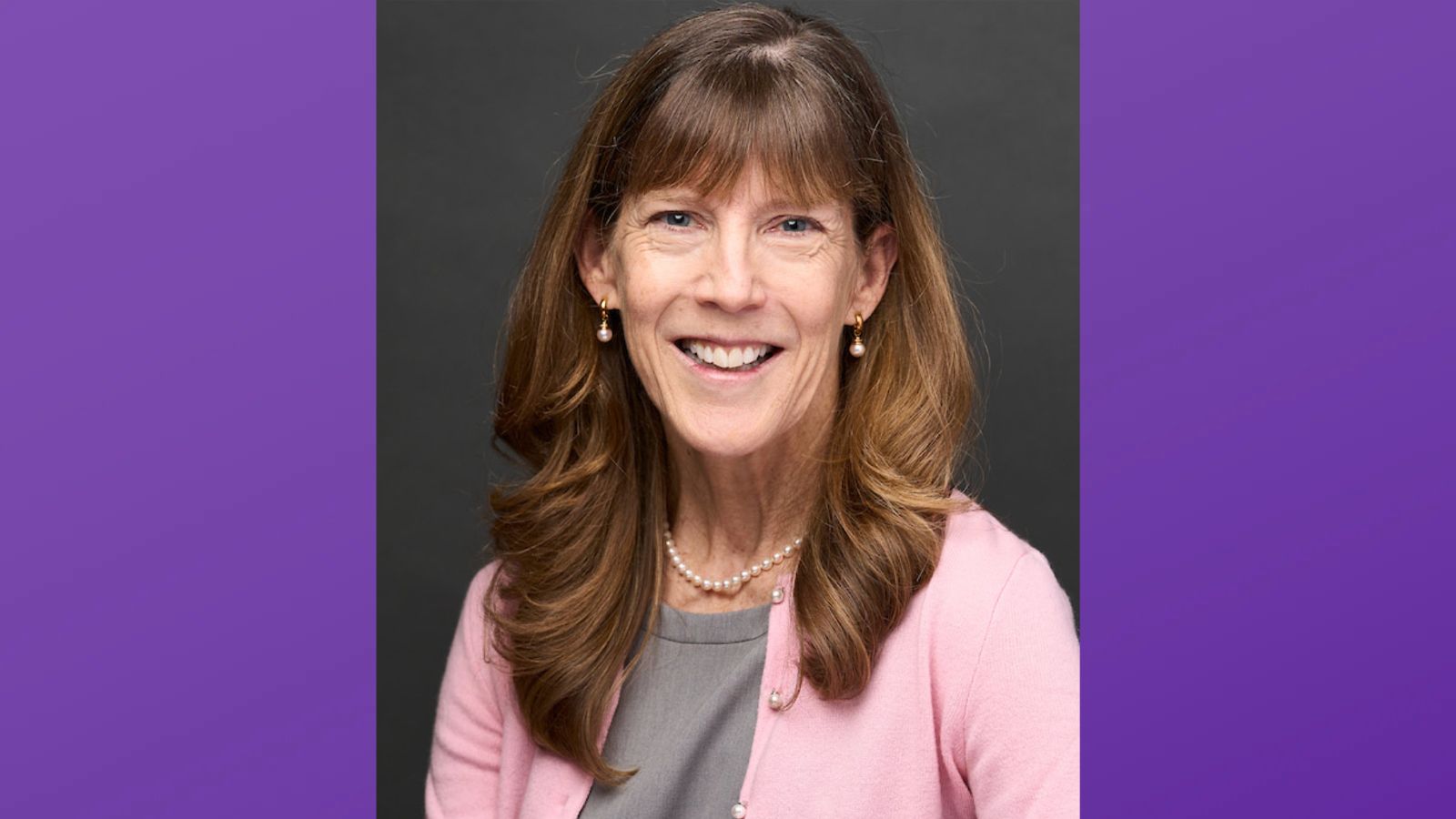A Hunter College Nursing professor aims to give school-based nurses the tools to promote health among immigrant families.
Professor Ellen McCabe argues in a recent paper that school nurses are uniquely positioned to address the health issues of recently immigrated students and their families because schools are the primary public institution in their lives.
“Children and families who immigrate to the United States, whether seeking asylum, escaping violence or poverty, displaced by a natural disaster, or relocating with hopes of a brighter future…, often look to a school community to help establish a sense of connectedness and belonging to their new culture,” McCabe and her co-authors write in the Journal of Pediatric Health Care.
With the schools on the front lines of assimilating the newcomers, school nurses need culturally and linguistically appropriate tools and resources; McCabe and colleagues have published a toolkit for school nurses to help them approach language and cultural differences. Three primary health issues confronting school children — asthma, obesity, and anxiety — can be especially daunting for immigrant groups.
McCabe’s work is essential as a wave of immigrant students enter United States K-12 schools; the number of students from households with limited English-language skills has exploded during the last 20 years and is expected to keep rising.
All students sometimes need a school nurse, but for children from immigrant families, that nurse may be the only healthcare professional they see regularly. McCabe is a practicing school nurse, so her experience gives her “boots on the ground” knowledge and credibility with policymakers.
“We know that school connectedness serves as a protective factor in student engagement, accomplishment, and community connection,” McCabe said. “A good pulse on school connectedness — if done well — can benefit students and model helpful behaviors such as transitions to adult life, jobs, and relationships.”
McCabe said that much work remains because many school health offices lack translation services and other tools to support their work.
“We encourage nurses to be at the table in their schools and school districts to advocate for inclusive policies and advancing social justice,” she said. “We know school health providers are in need.”


